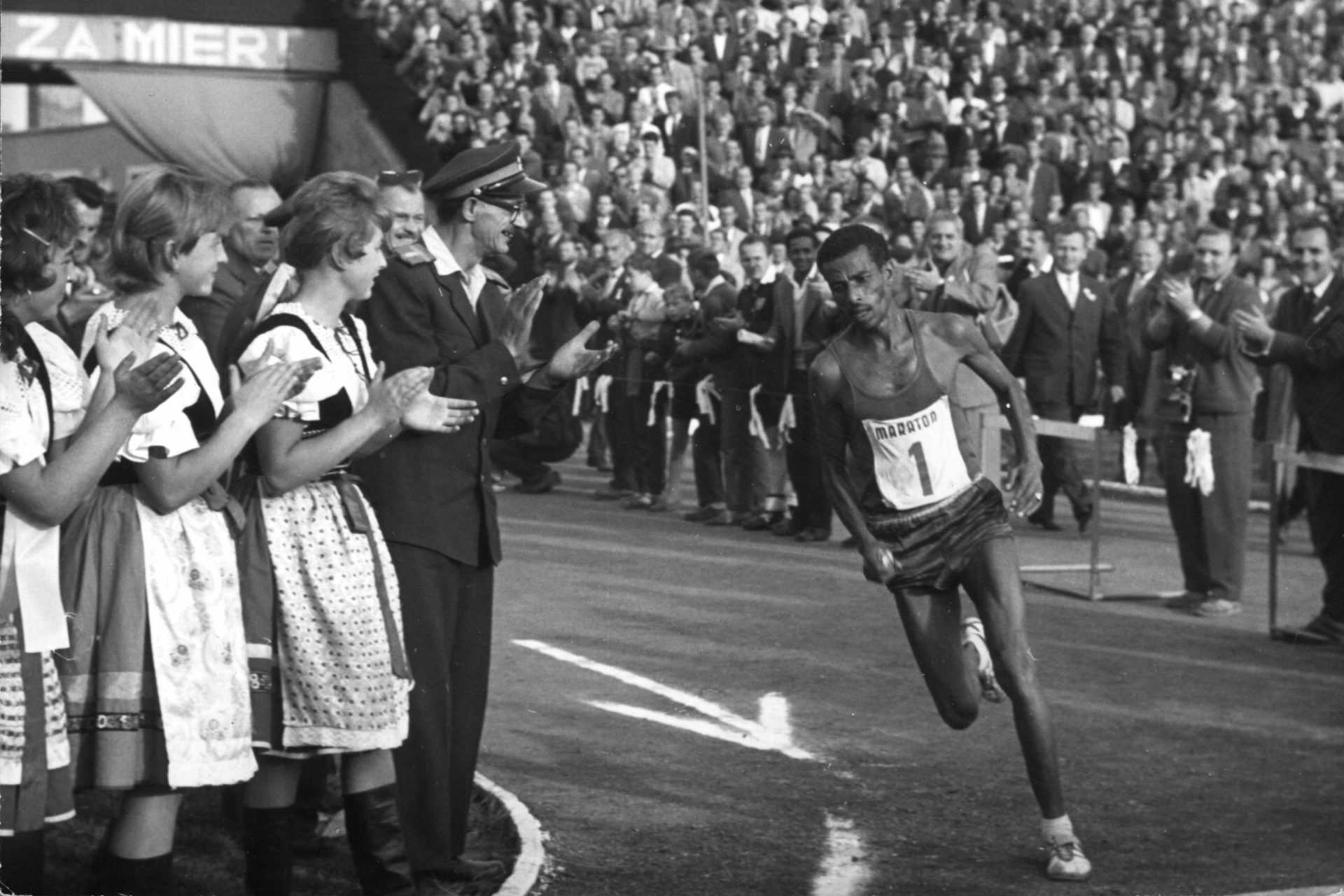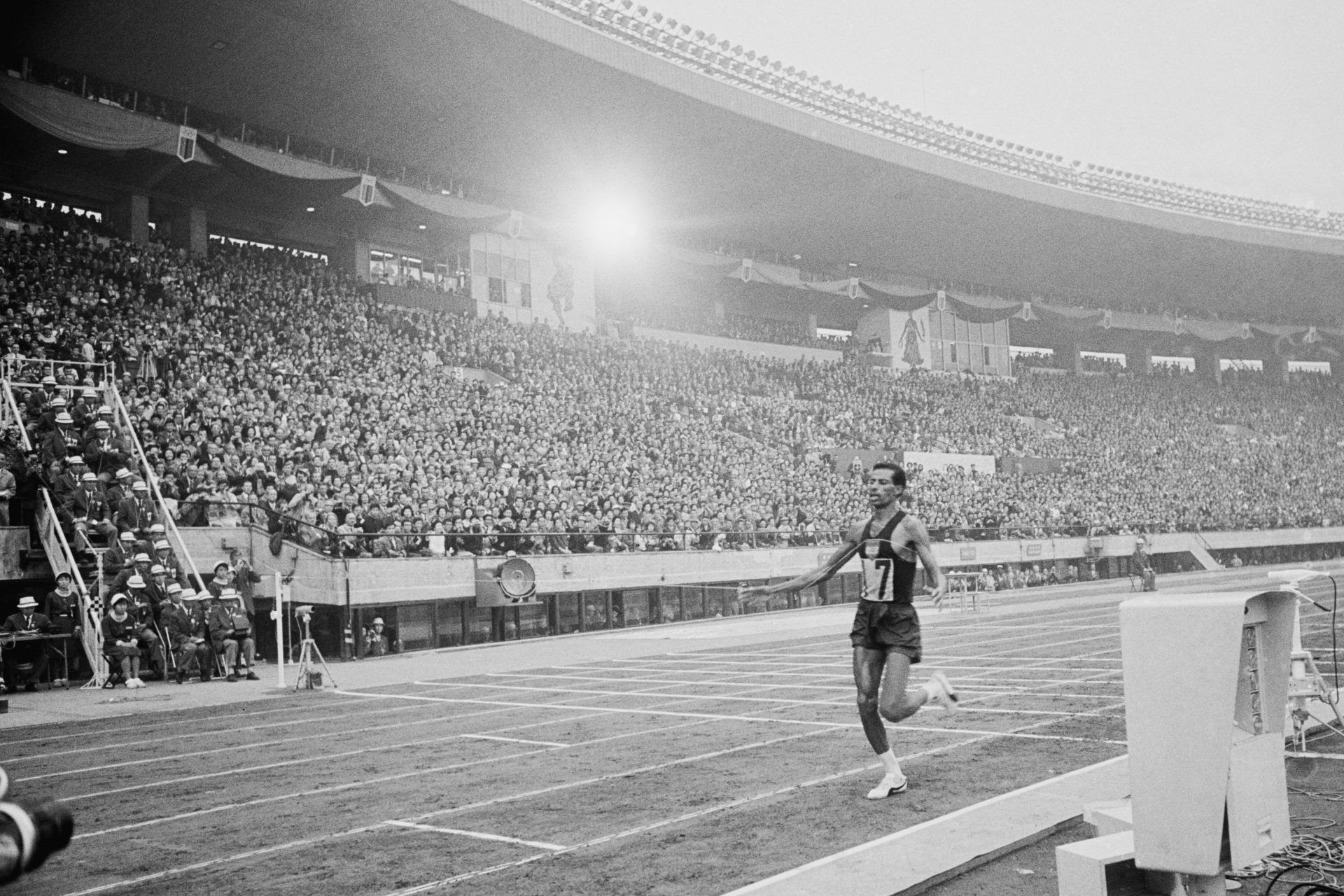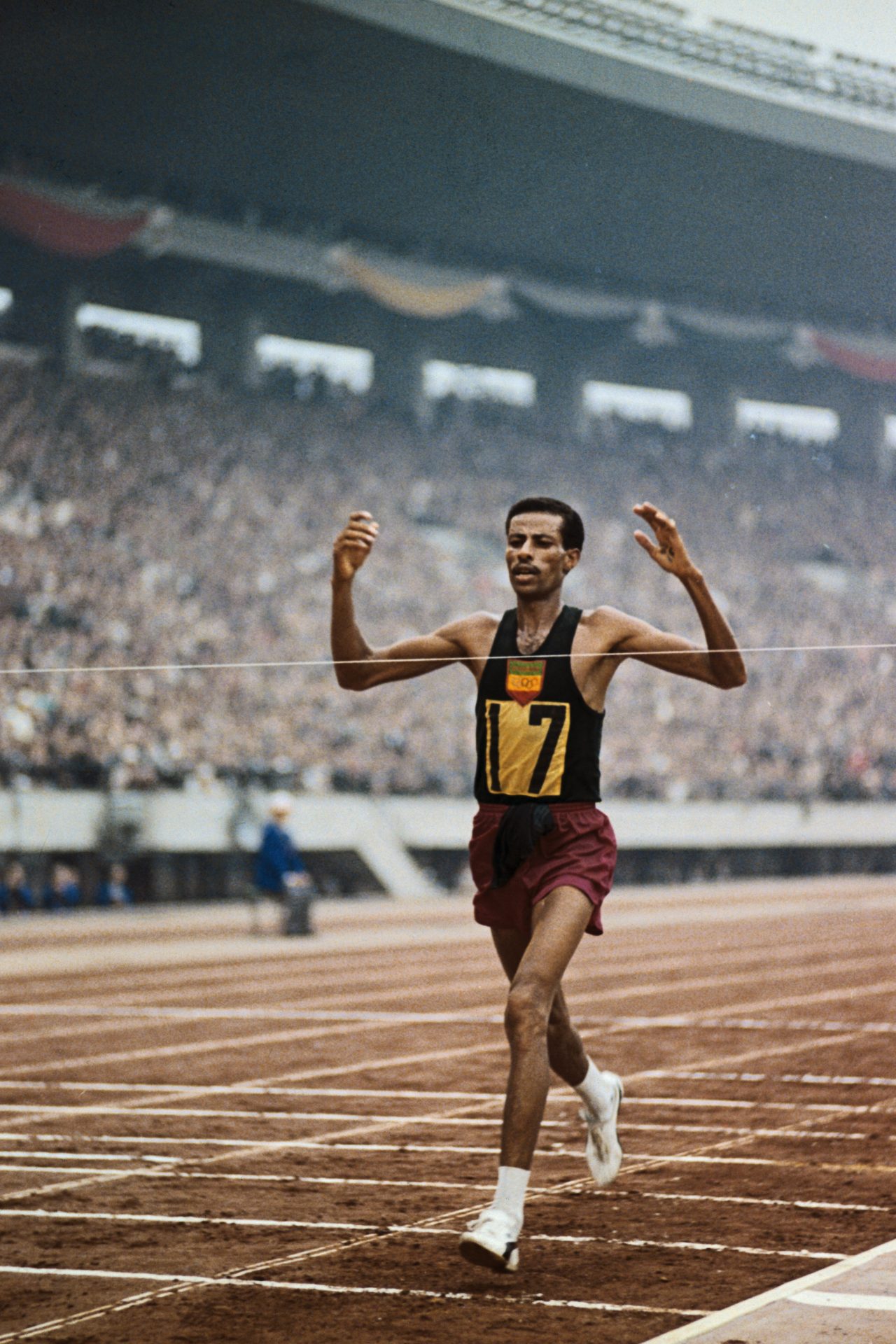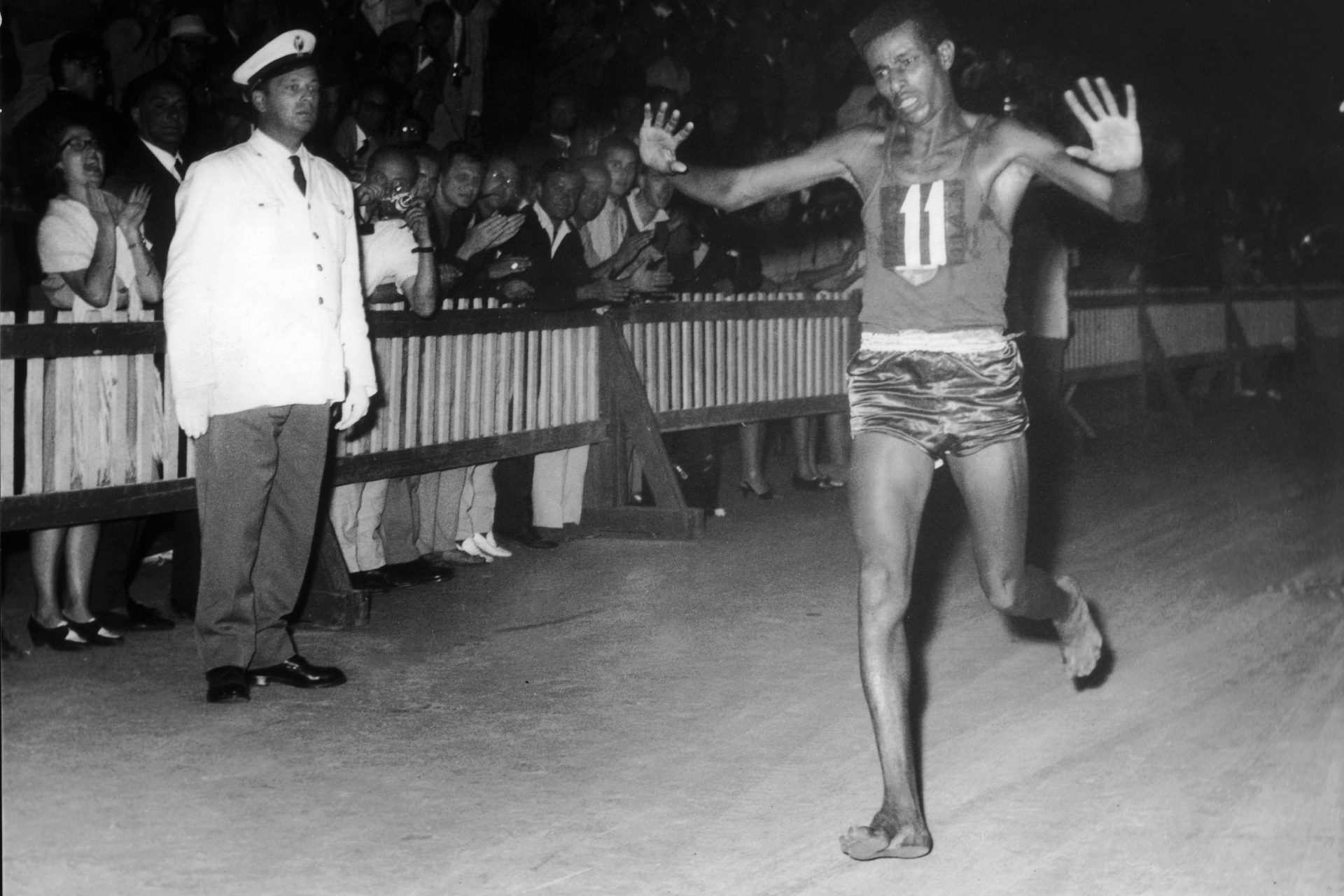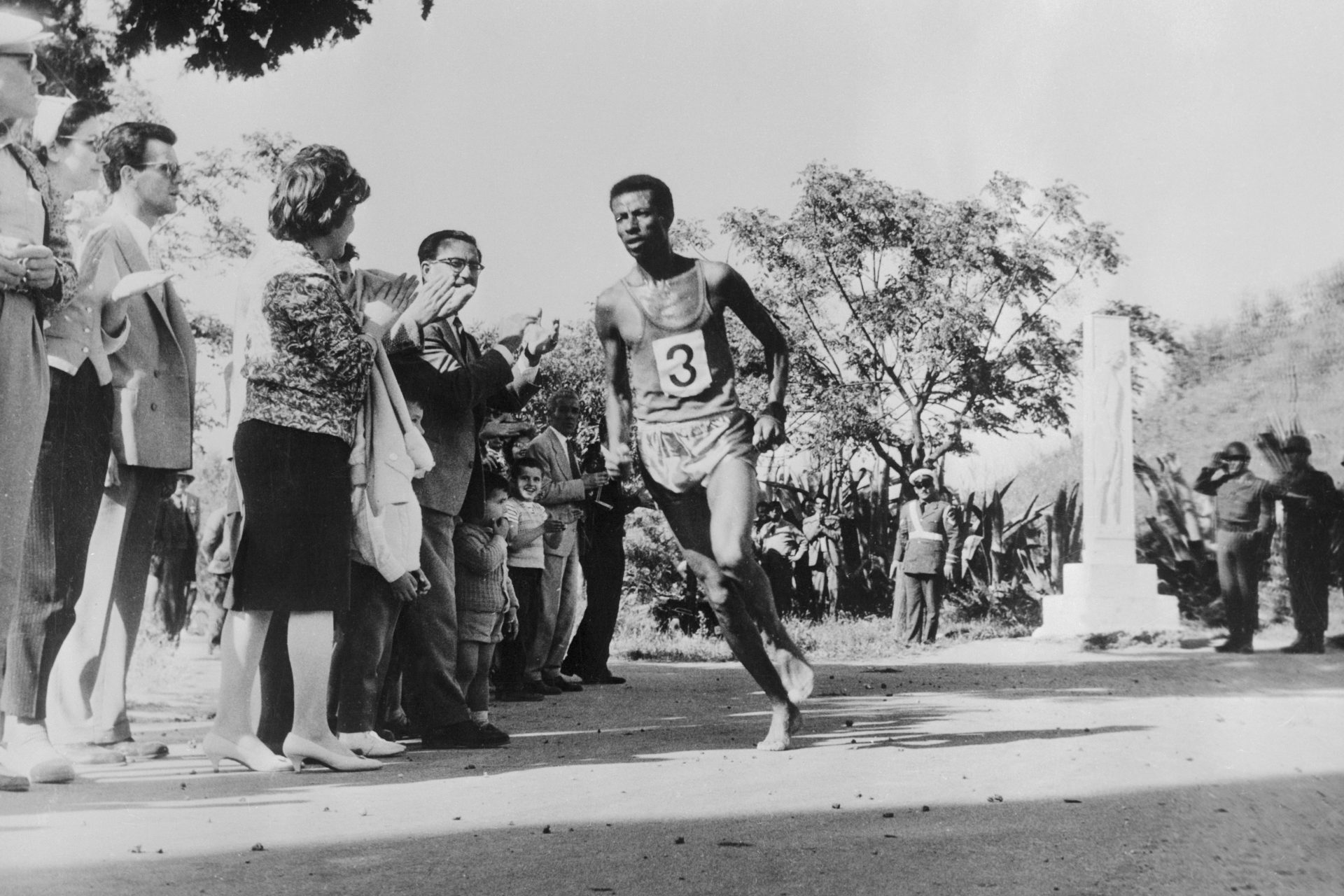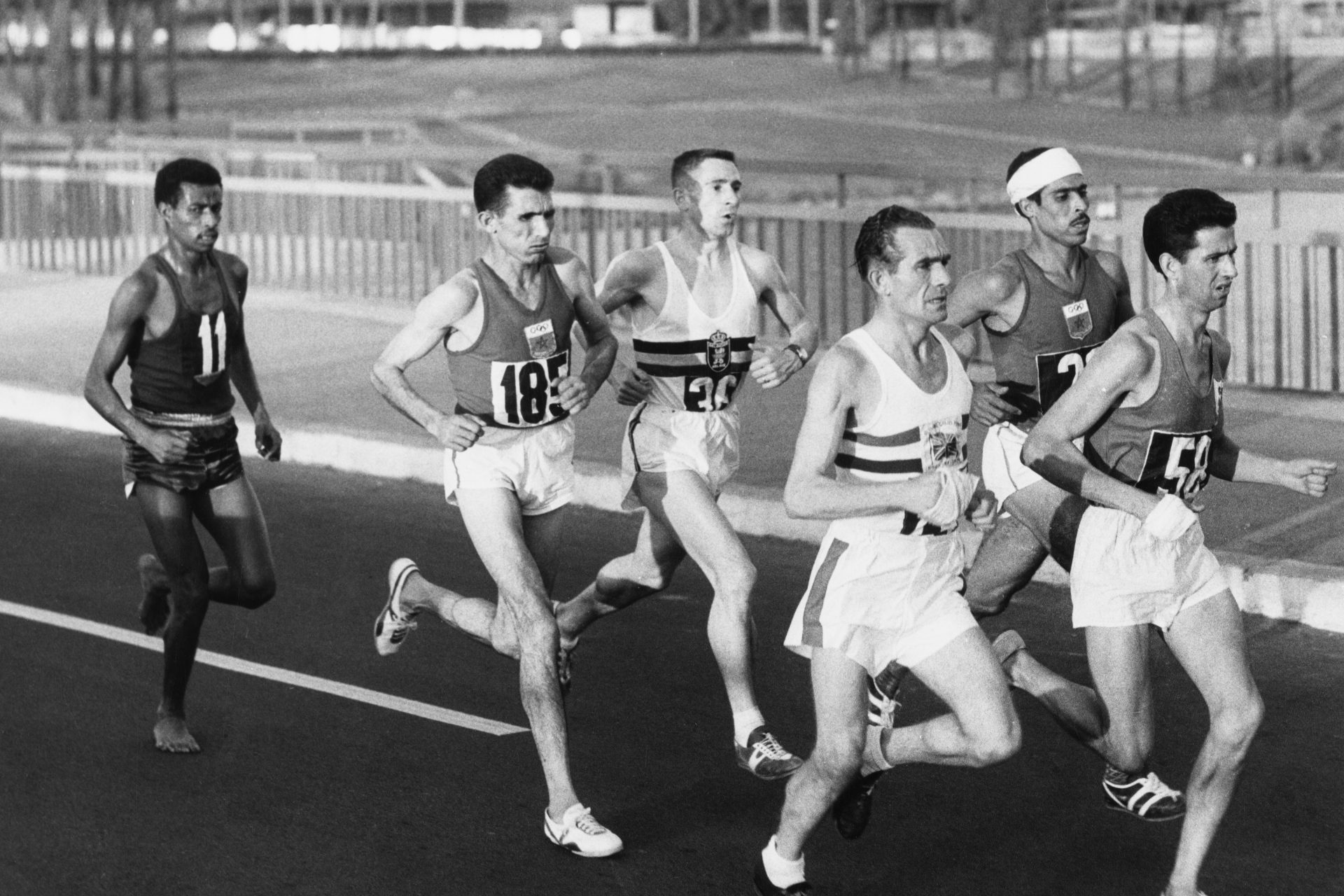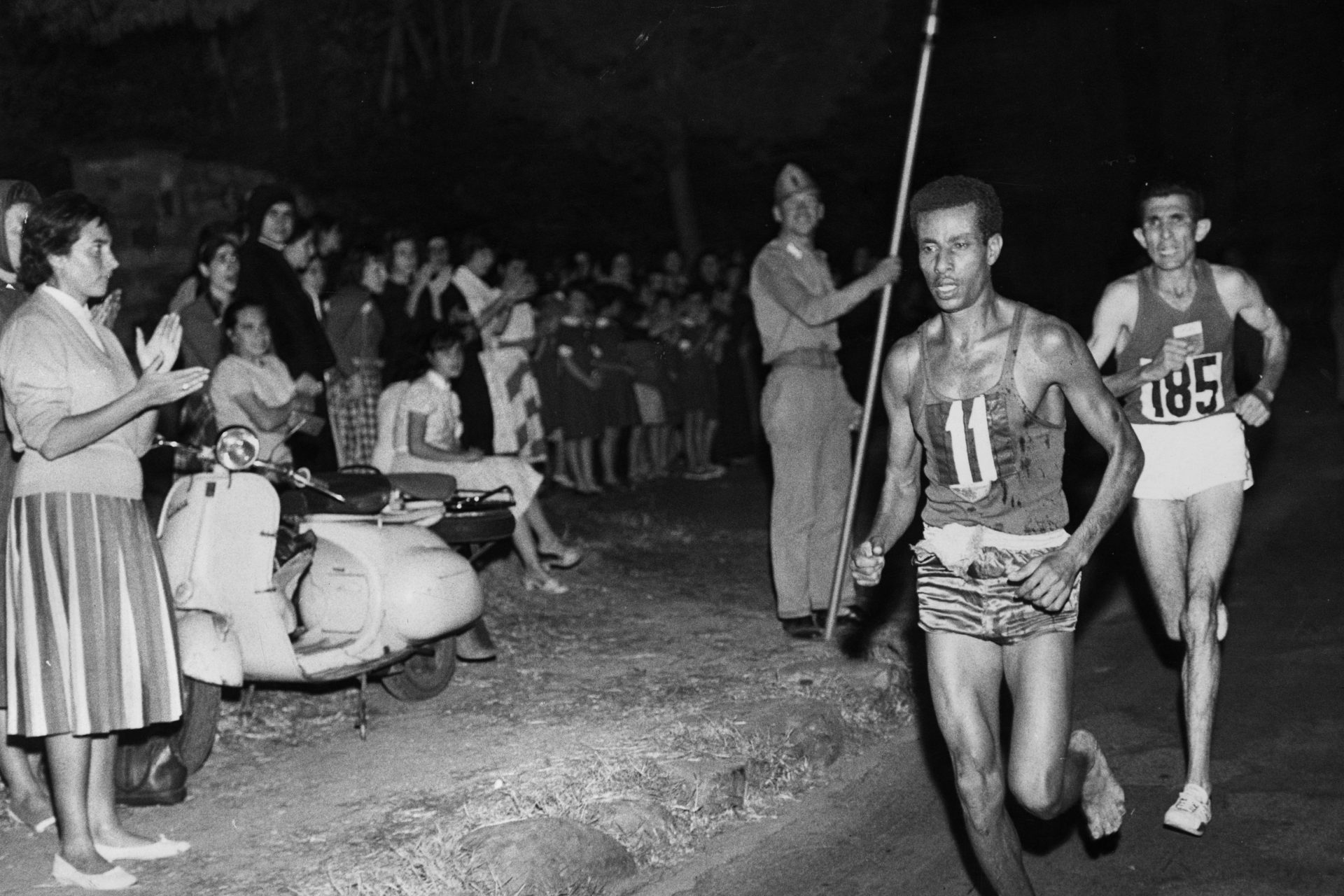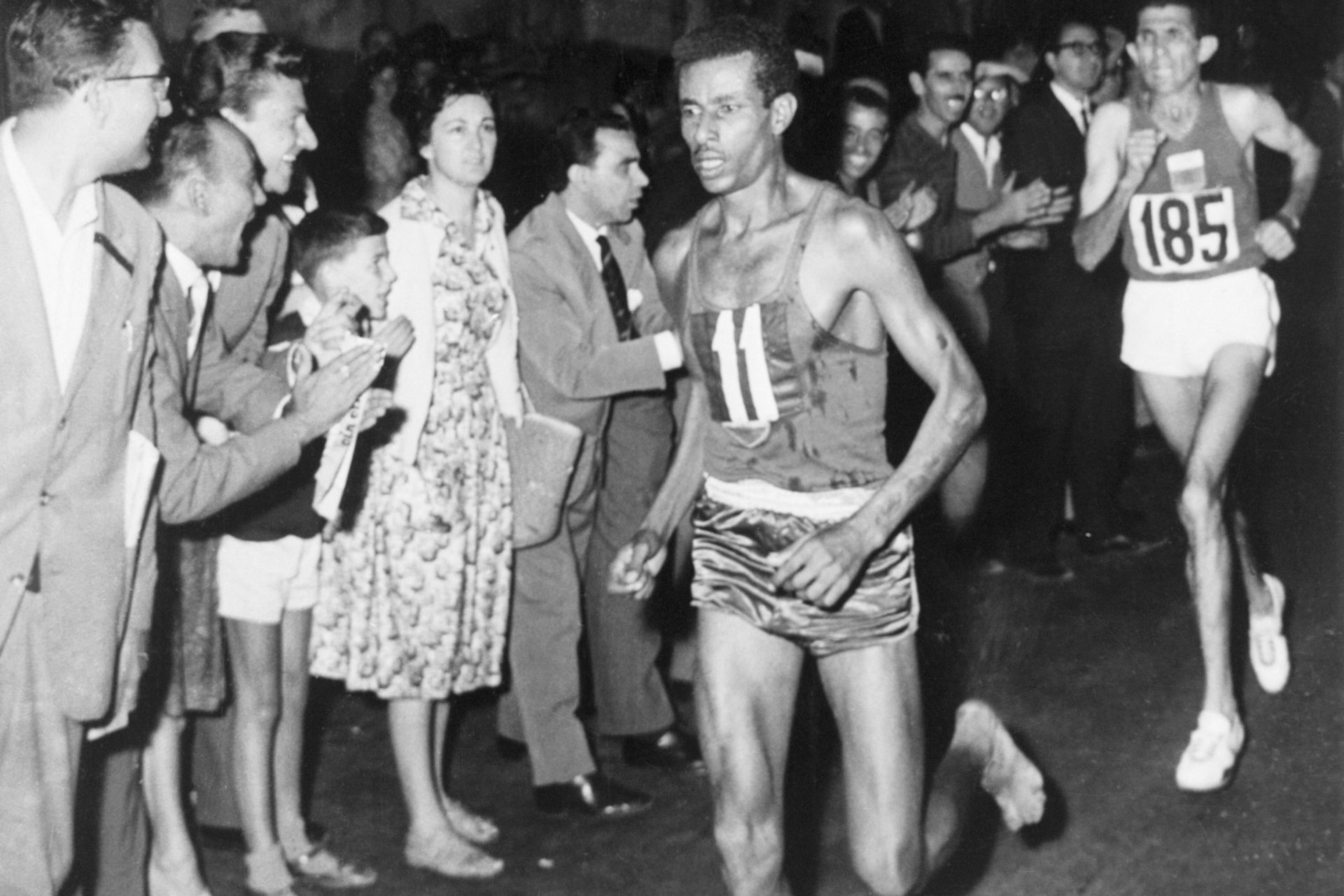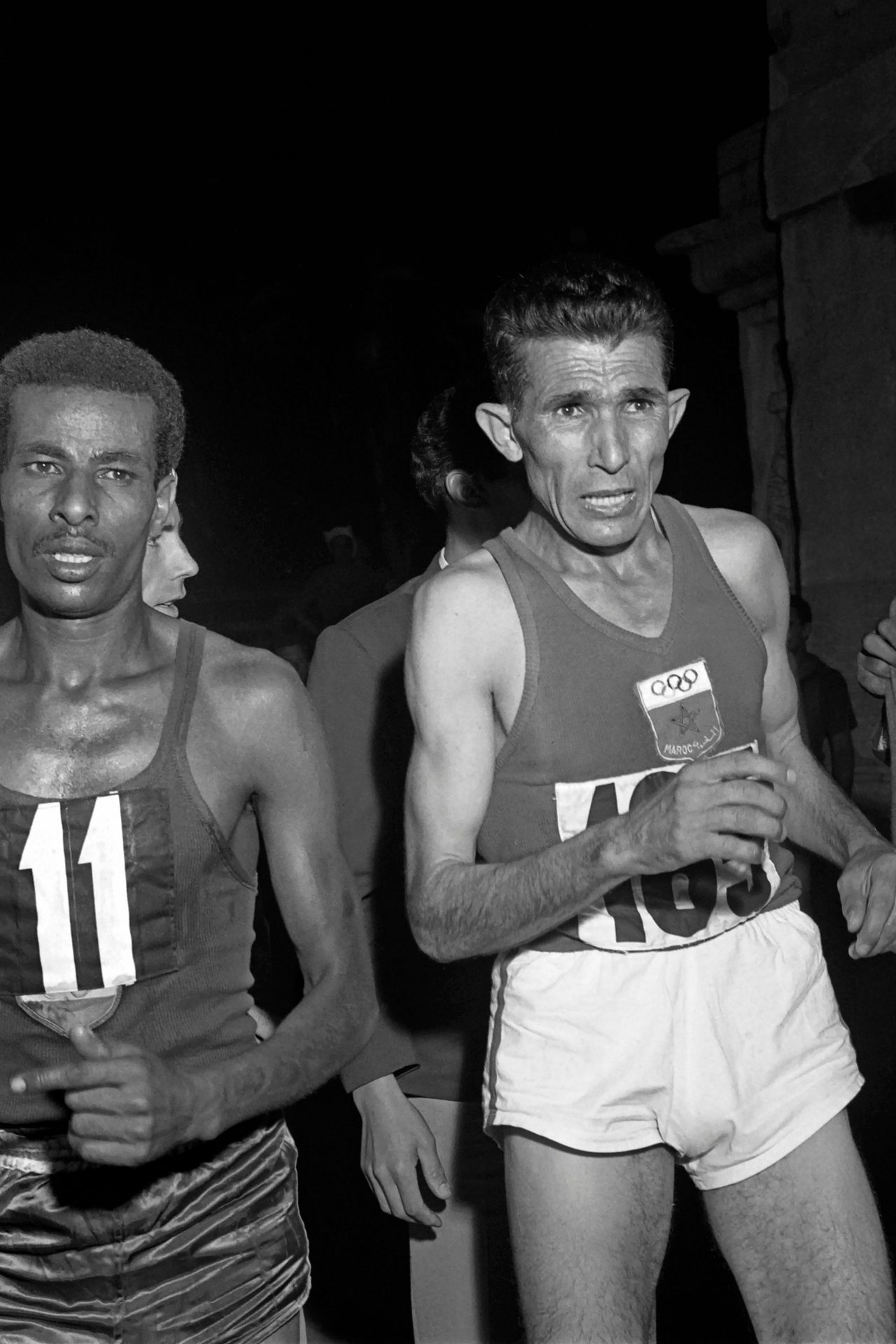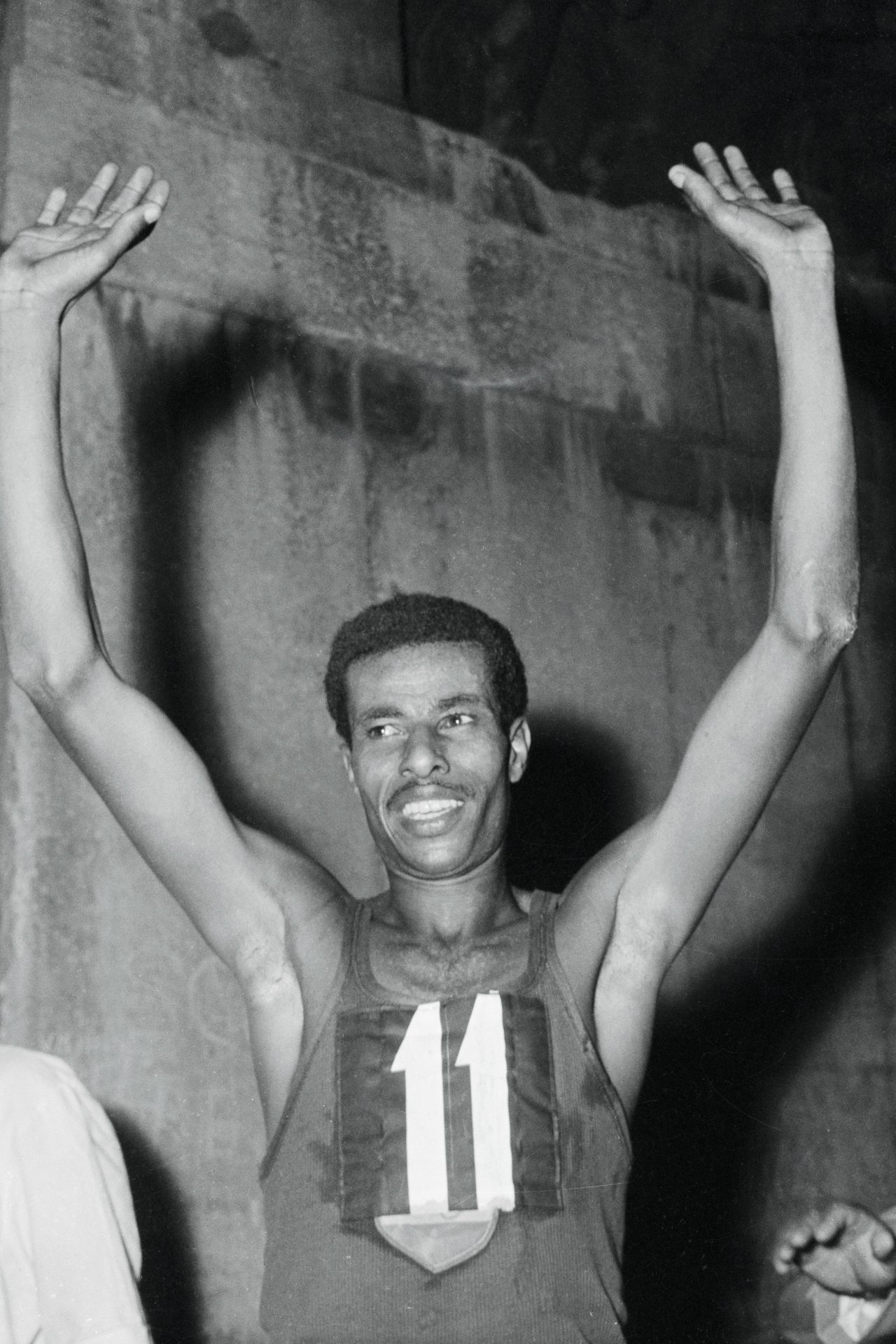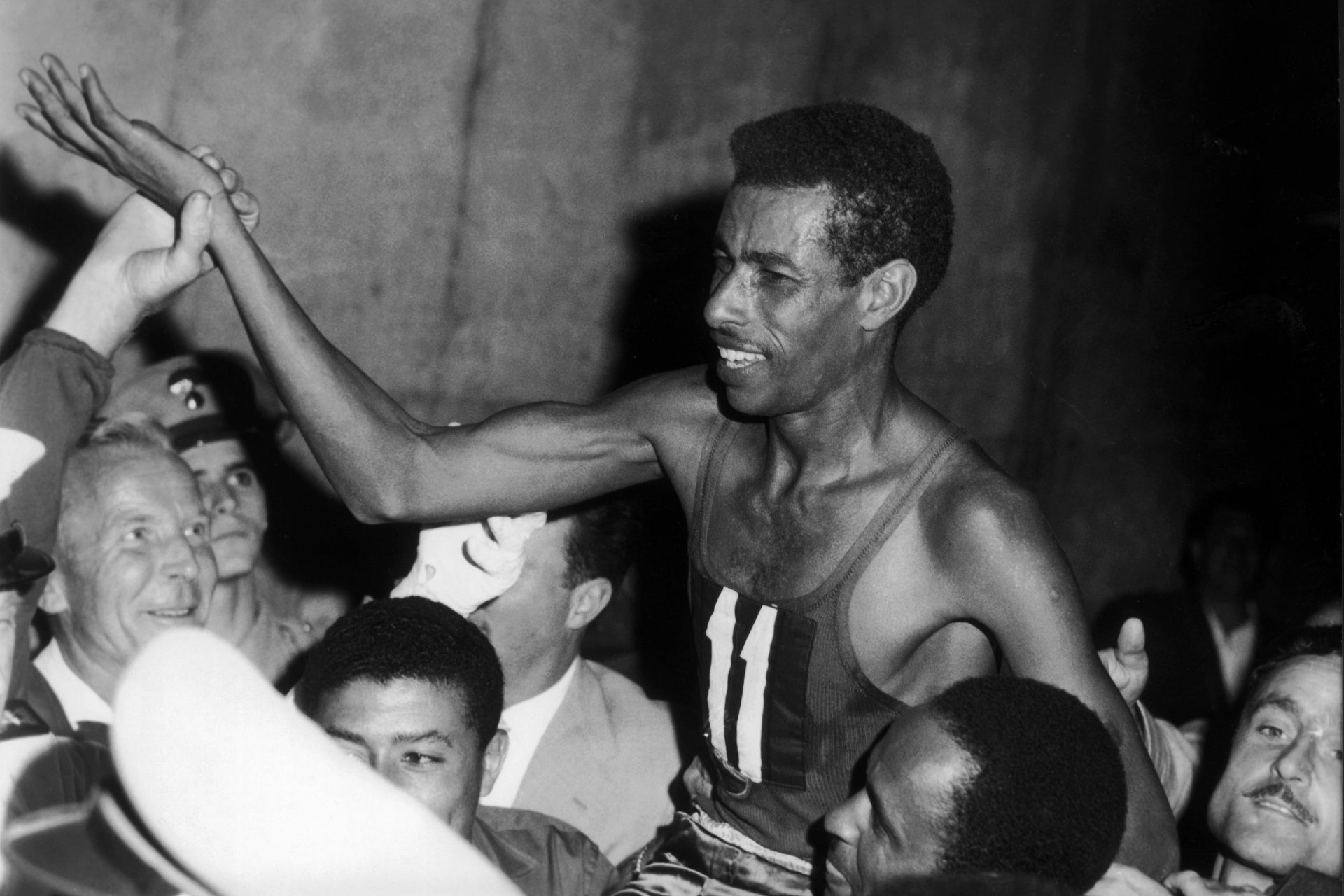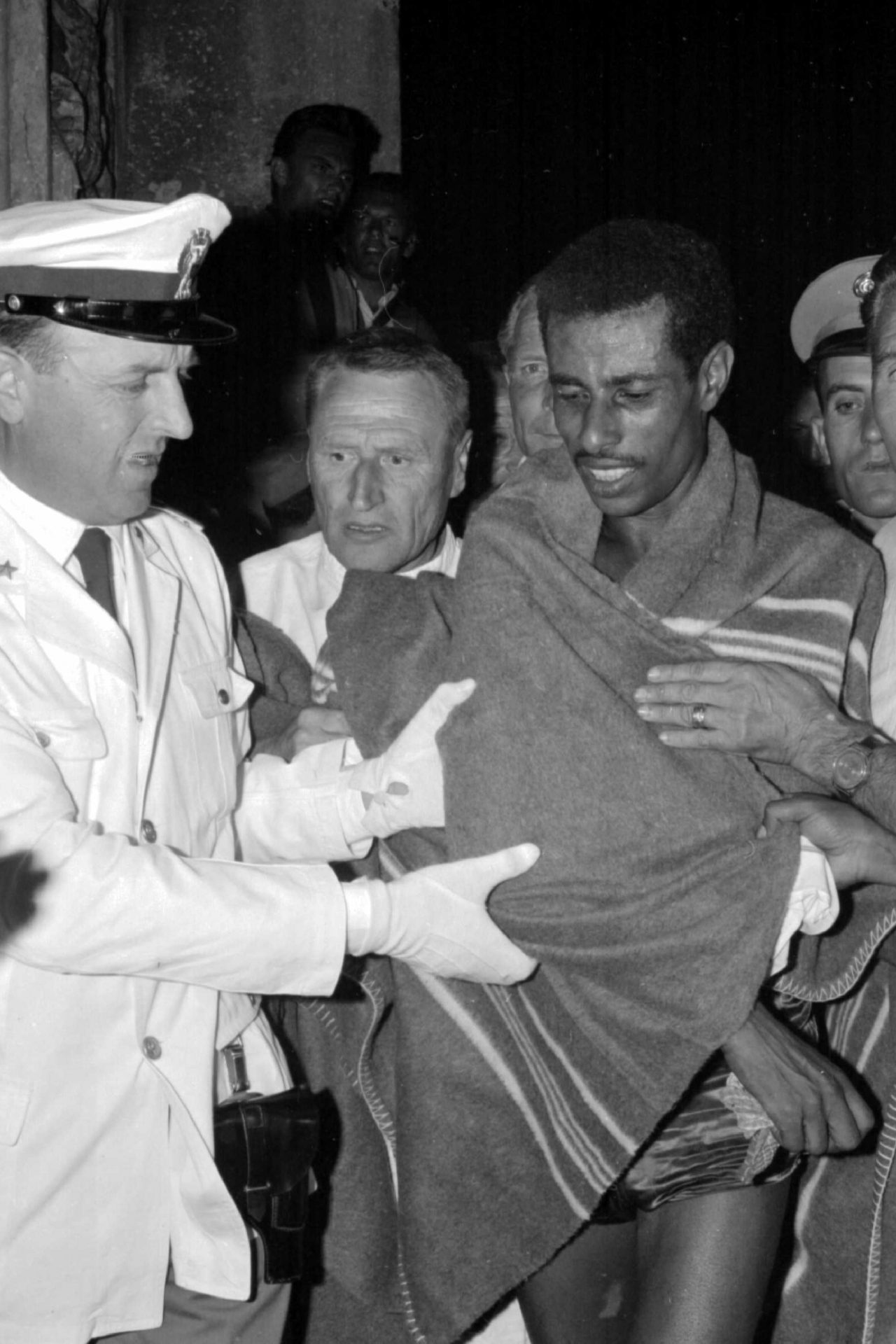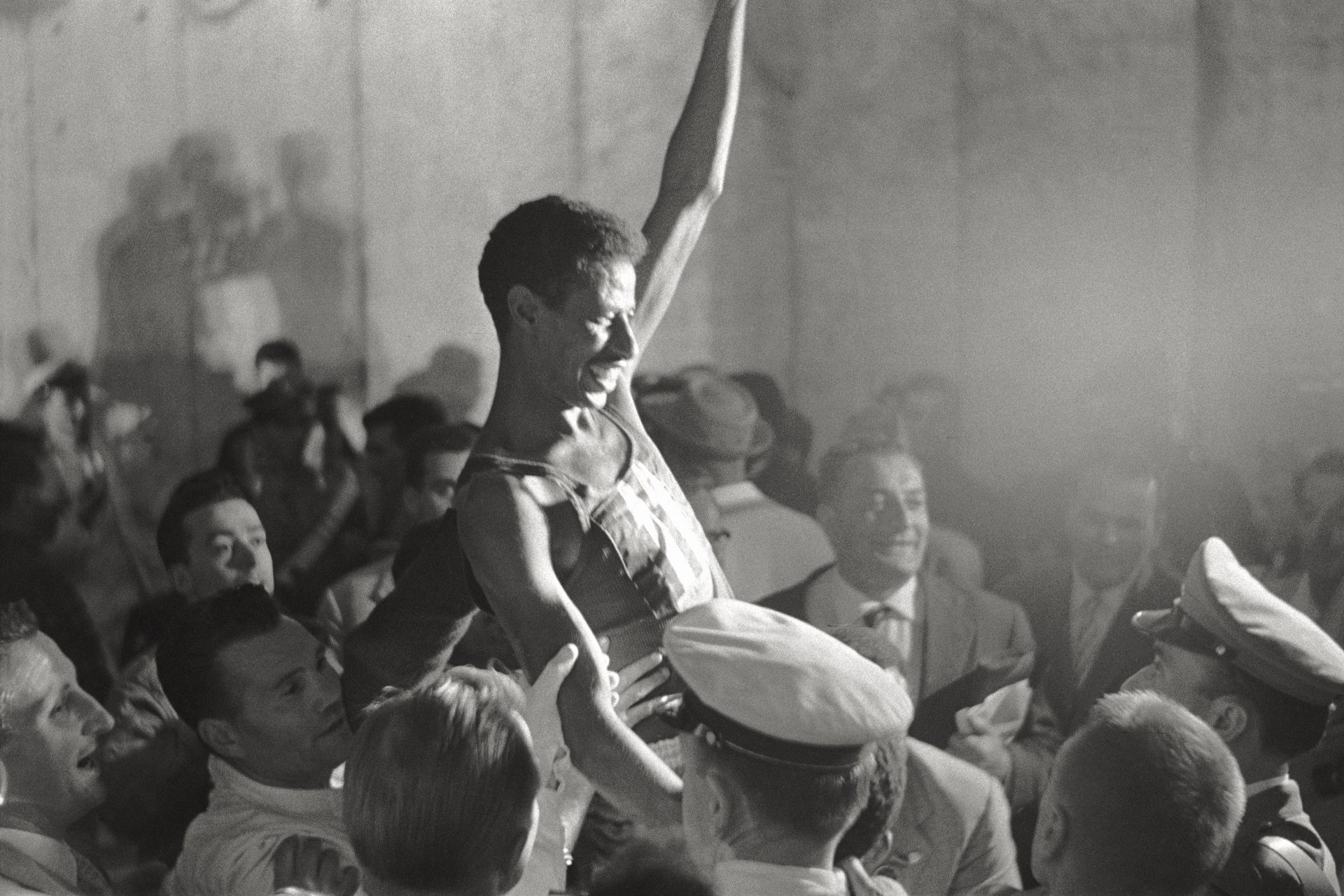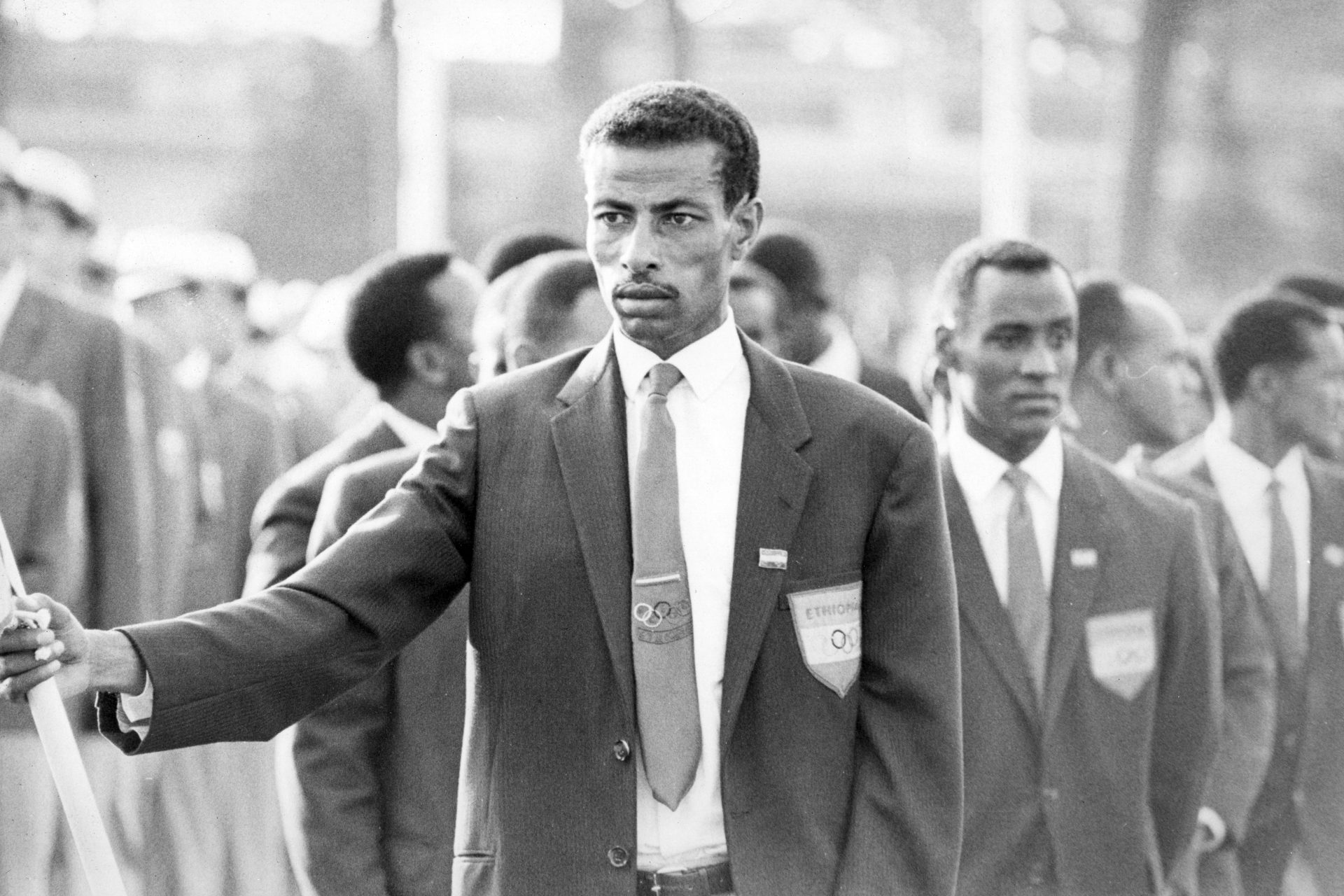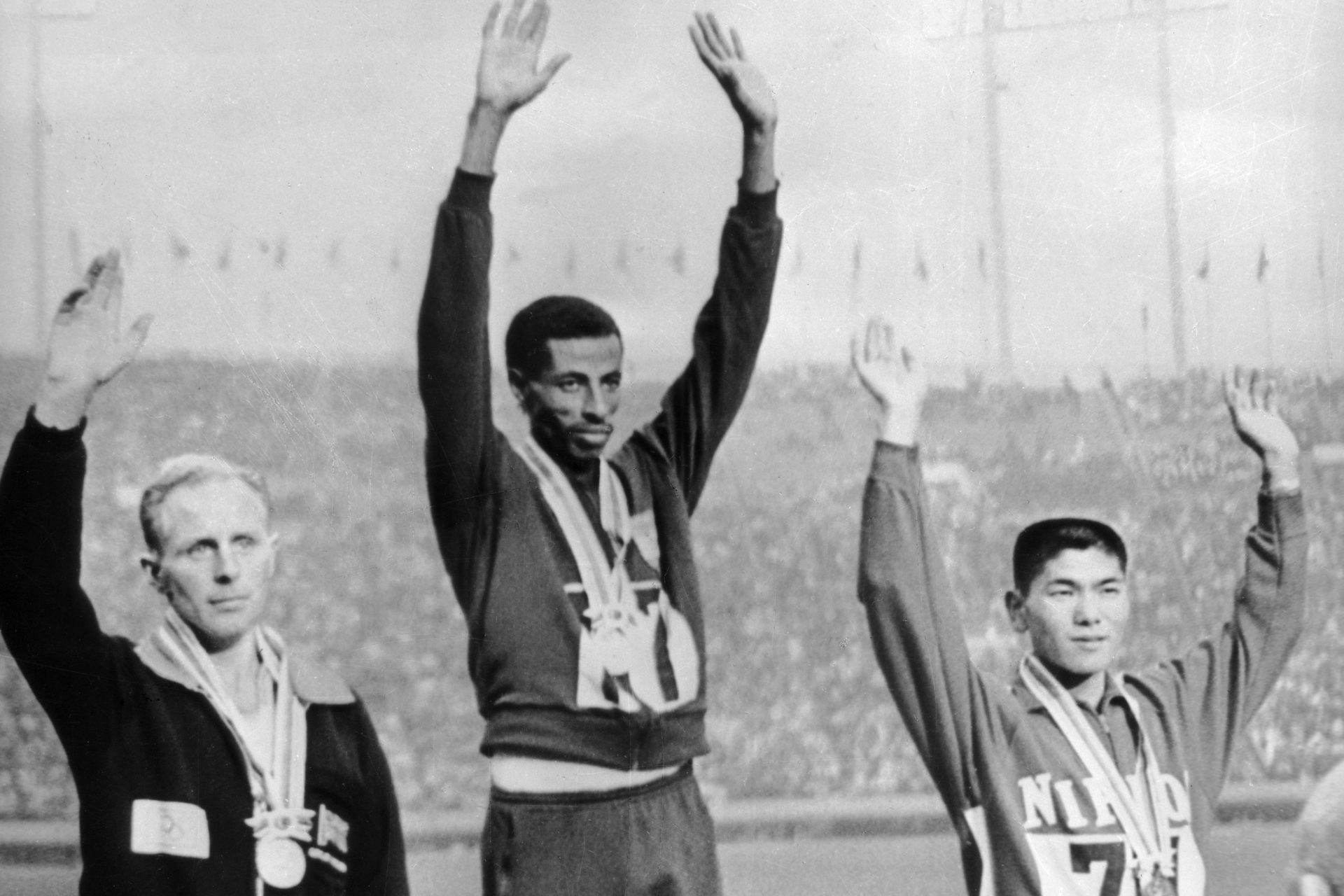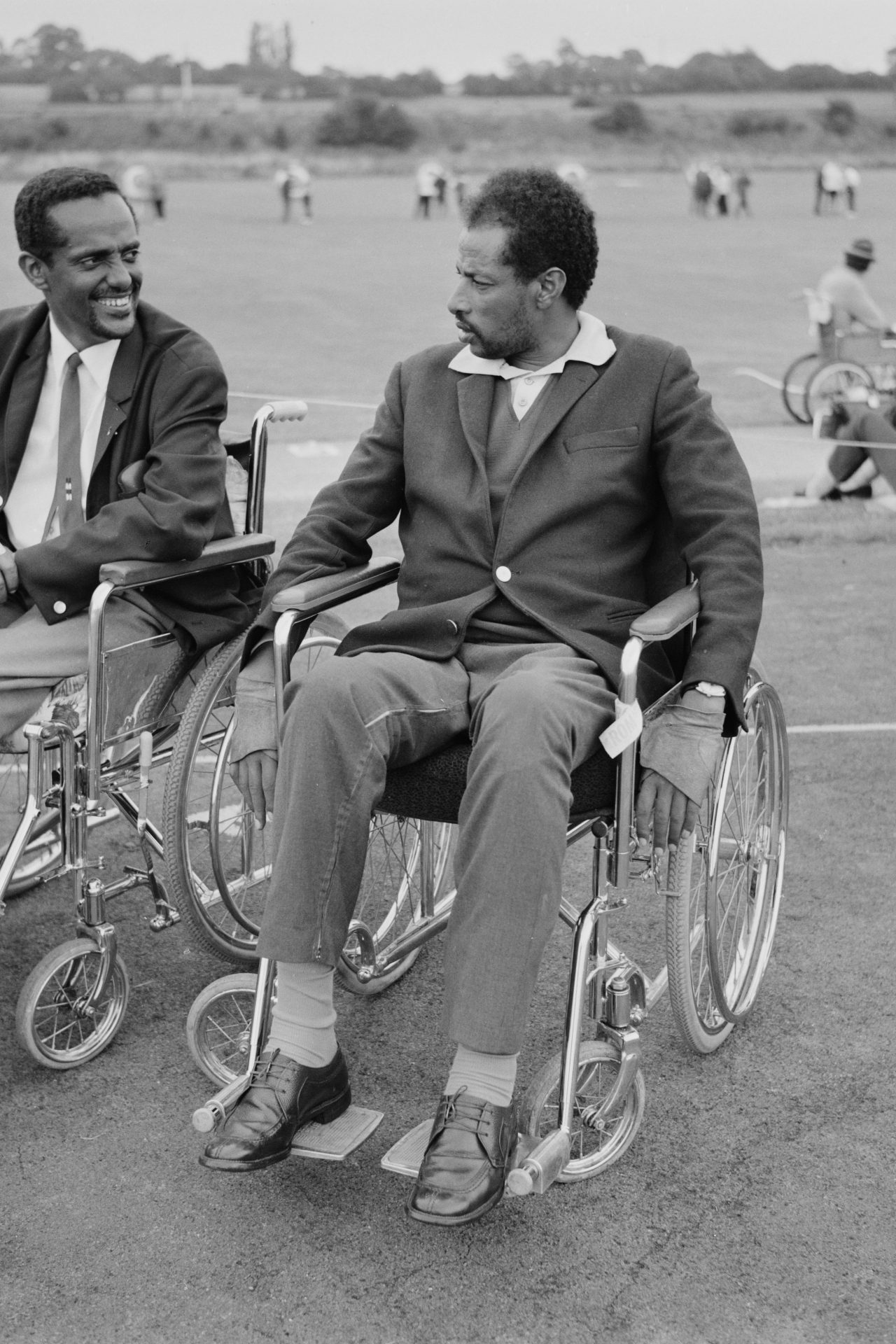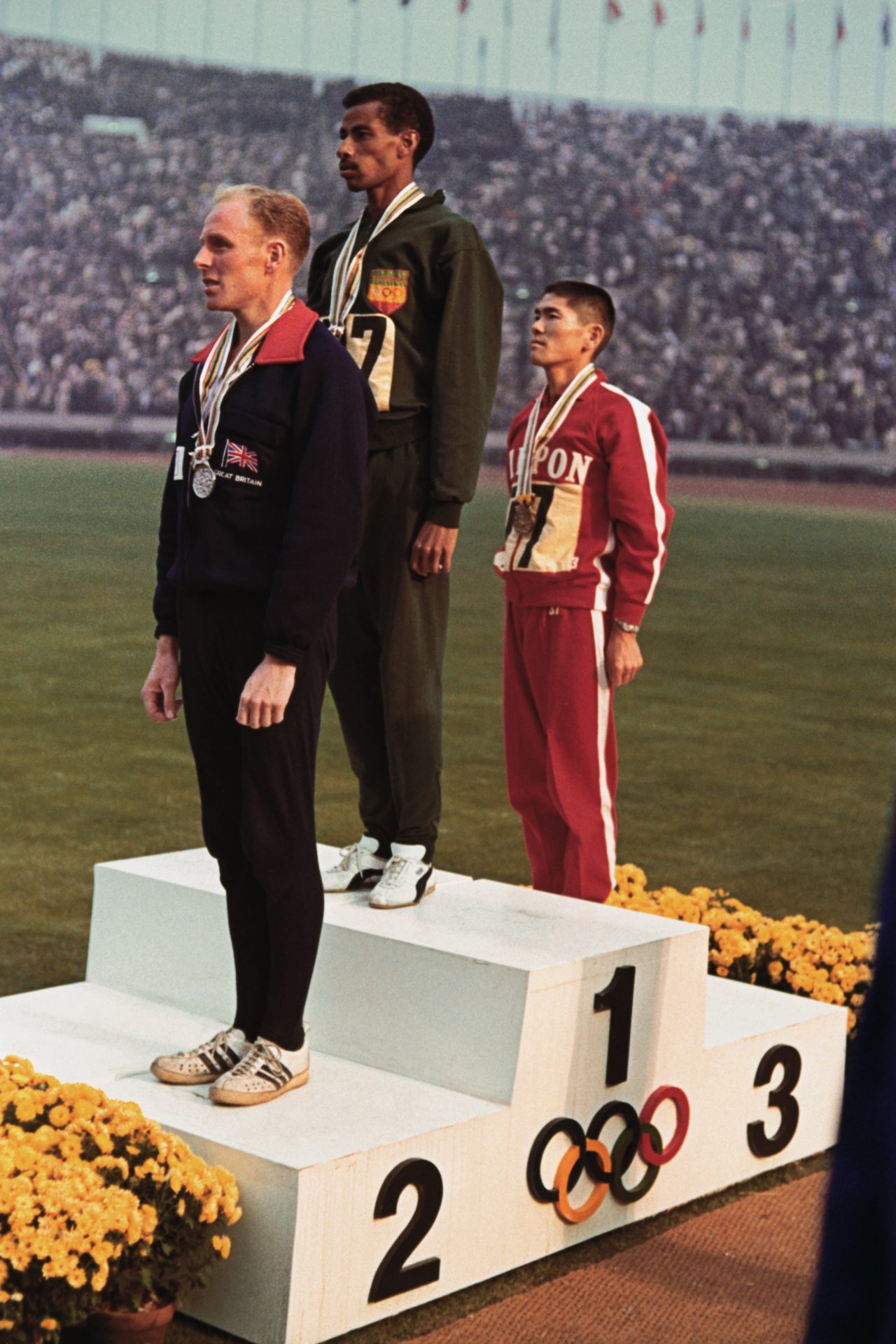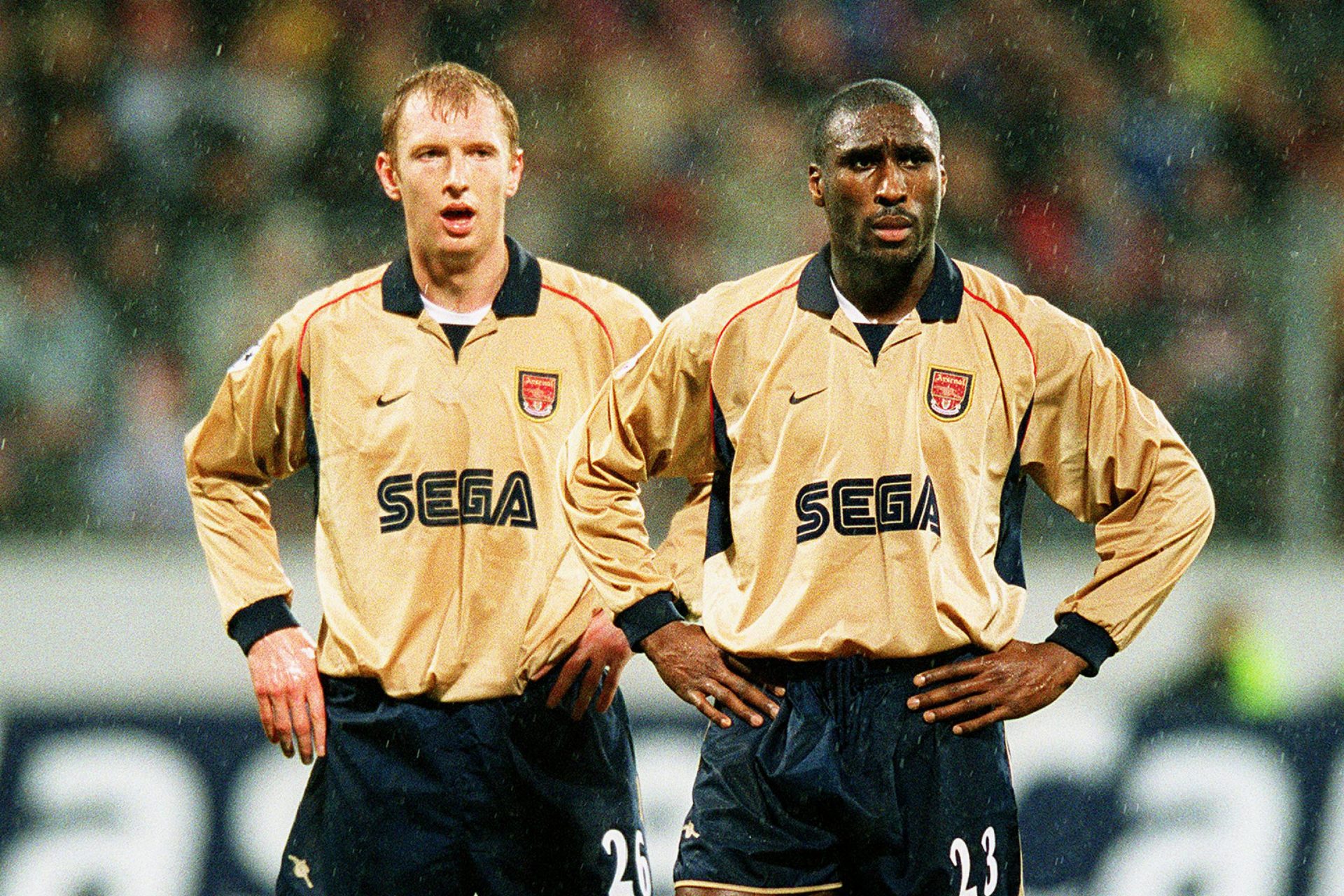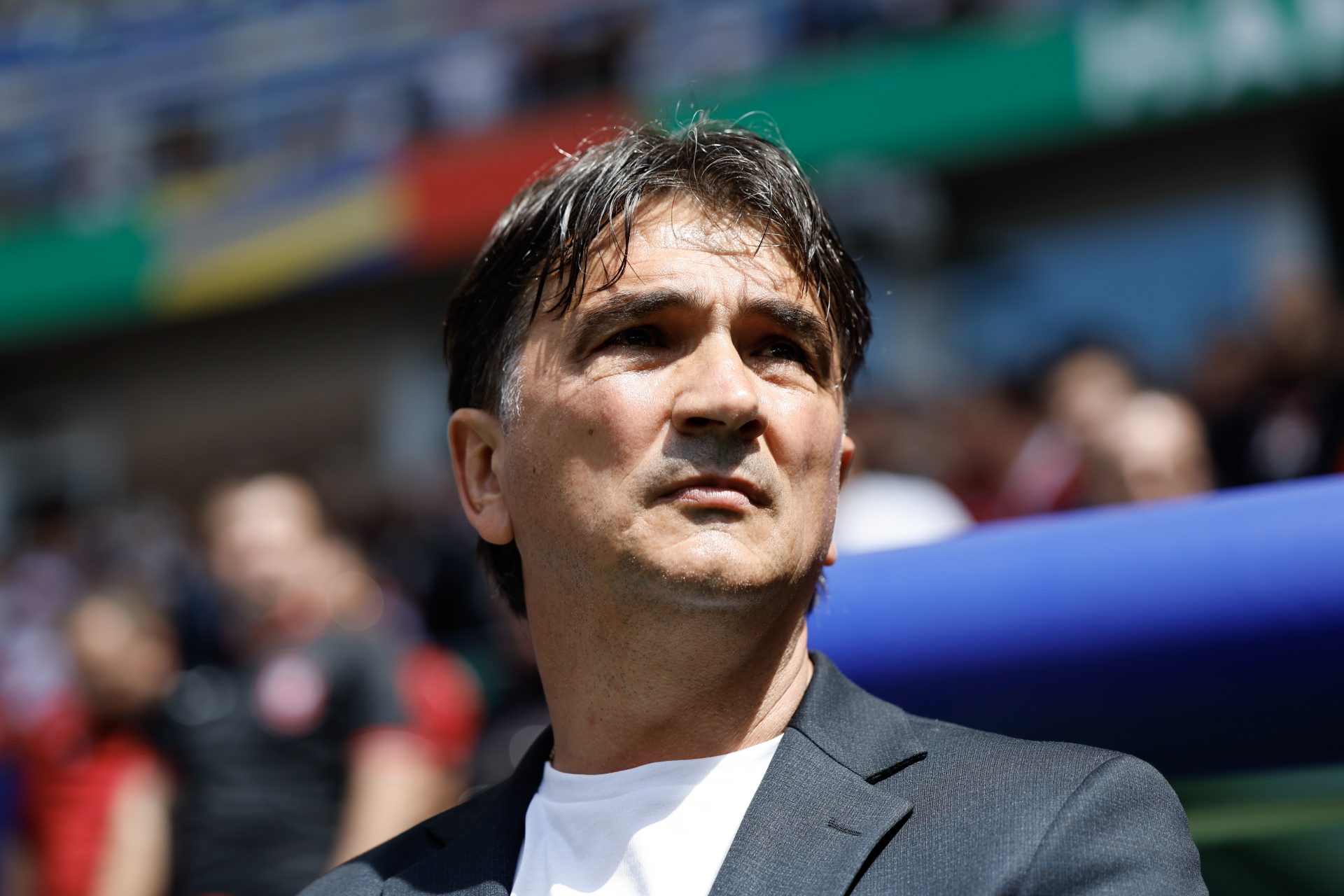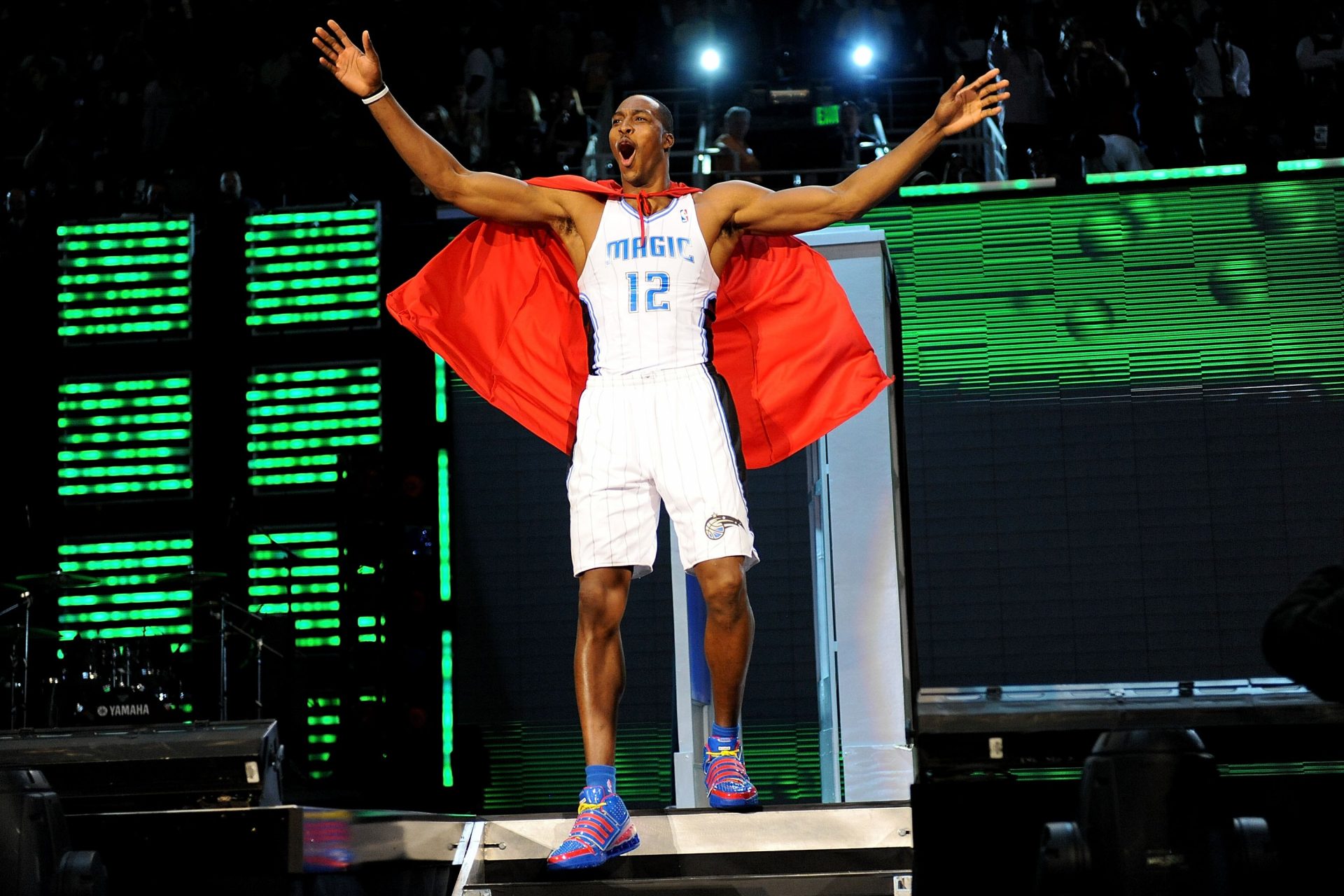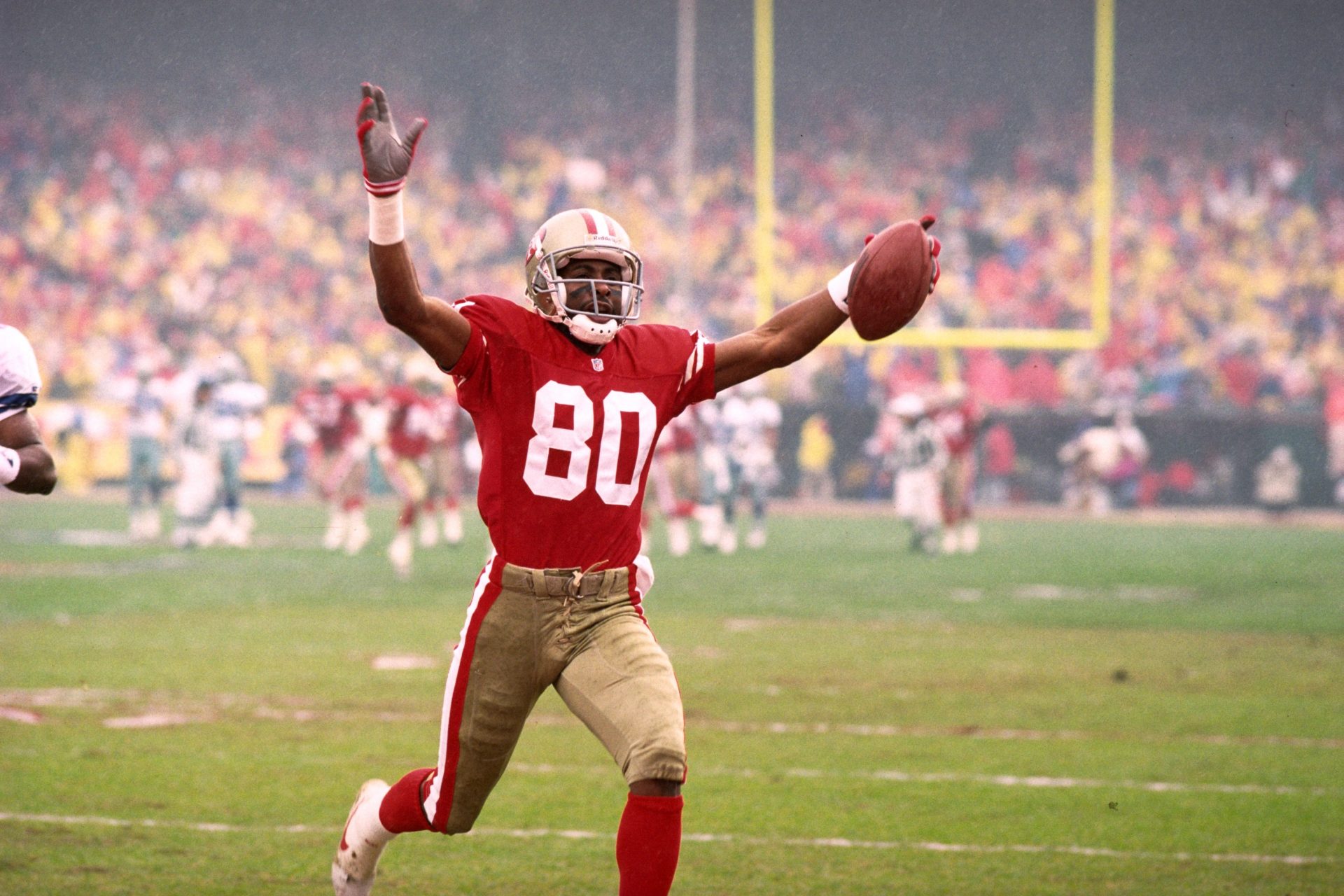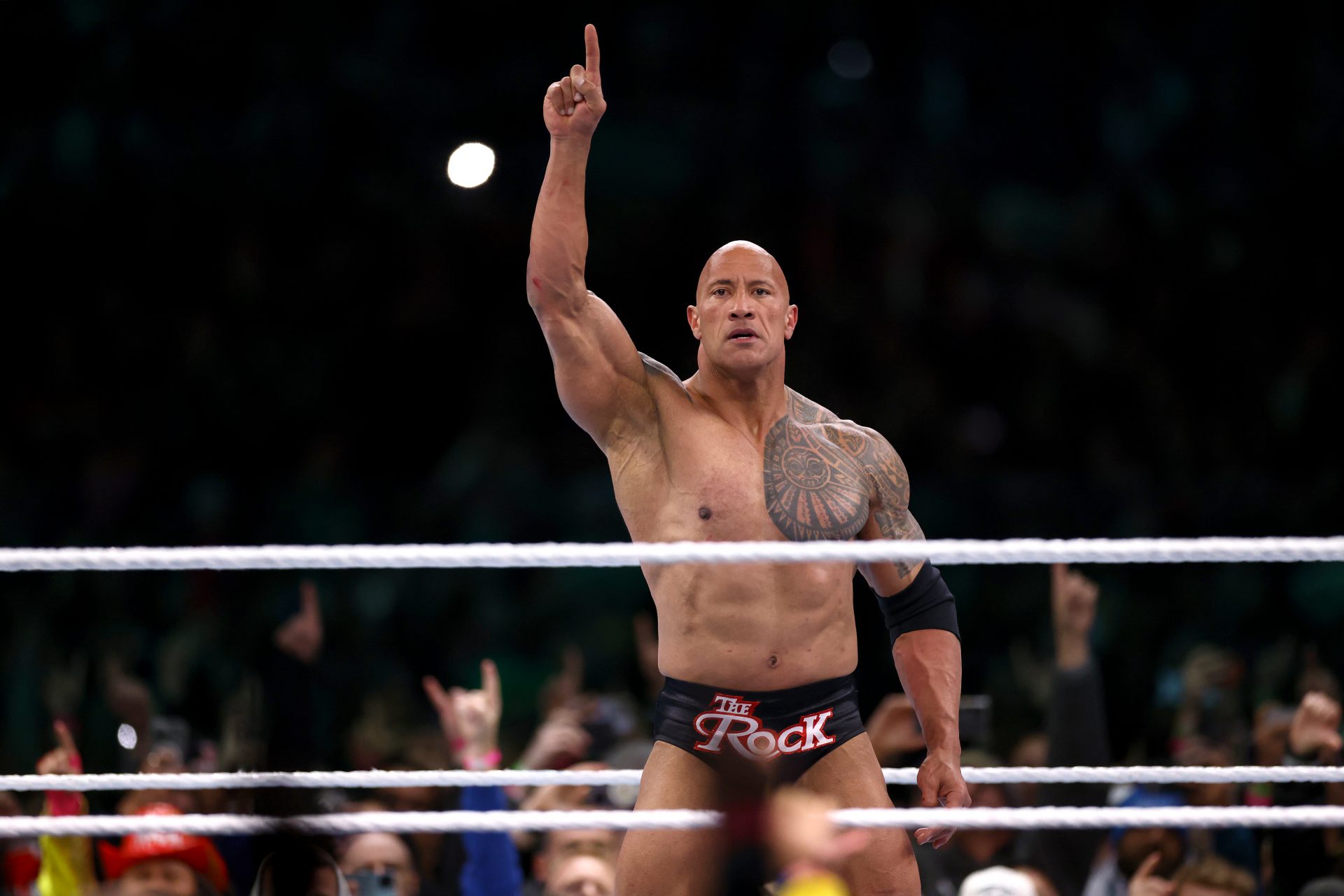Abebe Bikila: The two-time Olympic marathon champion who lost the use of his legs at 36
Life is sometimes far more outlandish and cruel than any piece of fiction. That is certainly the case of Abebe Bikila, Ethiopia's first-ever Olympic gold medallist. His story is one of both incredible triumph and heartbreaking tragedy.
An Olympic marathon gold medallist in Rome in 1960 and Tokyo in 1964, Abebe Bikila left his mark on the sport not only with his incredible stride, acceleration and endurance – but also his humility and strong moral stance.
Today, Bikila is considered a legend in Ethiopia. His exploits inspired an entire nation that today dominates the world circuit. Let's look back at the fascinating and tragic story of Abebe Bikila.
Want to see more like this? Follow us here for daily sports news, profiles and analysis!
Abebe Bikila was born on August 7, 1932 (the day of the Los Angeles Olympics marathon) in the town of Jato, Ethiopia. Coming from a very poor background, he joined the imperial guard of Emperor Haile Selassie.
He began training for running in the 1950s and was spotted in 1959 by Ethiopian athletics authorities, notably by Onni Niskanen, a member of the Red Cross and athletics enthusiast. He was then 26 years old.
Rumors then began to spread around the world about the extraordinary performance of the Ethiopian, who reportedly ran the marathon in 2 hours, 21 minutes and 23 seconds.
In Europe, experts questioned the legitimacy of this time and as such, Bikila was not initially slated to participate in the Olympic marathon in Rome in 1960. He only found his place there as a replacement after another runner bowed out with an injury, as the BBC reported.
Before the Olympic marathon, some doctors analysed the Ethiopian's feet and realized that they had a thick horn because he always ran barefoot. Bikila tried to use shoes to run for the first time, but he noticed a dip in performance.
On the day of the race, the Moroccan Abdeslam Radi was the clear favorite. He quickly breaks away from the peloton, but there's one man he can't shake: Abebe Bikila.
The barefoot Ethiopian appeared to be very calm and effortless in his run. After matching Radi's pace for around forty kilometers, he accelerated devastatingly near the Axum obelisk and left his opponent in the dust.
He won in 2:15:16, ahead of his runner-up – a world record, the BBC recounted.
Want to see more like this? Follow us here for daily sports news, profiles and analysis!
On his arrival in the stadium, Bikila was humble about his victory, and refused to eat or drink anything. He did not view his efforts in any way remarkable, saying at the time, as recounted by Sport M0b: "In the Imperial Guard, there are many other runners who could have won in my place."
It was the first gold medal won by a black African, and Bikila was welcomed as a hero in his country. He was unfortunately involved in a failed coup d'état against his emperor after the Games, but would be later pardoned for his involvement, as recounted by the Ethiopian Observer.
He then devoted himself to his favourite sport and won several marathons. He arrived as the big favourite for the 1964 Olympic Games in Tokyo and won the race in 2:12:11, a new world record – more than four minutes before the next one, the BBC reported.
After suffering a fibula injury, he was forced to end his career in 1968 at the age of 35. On March 22, 1969, he suffered a serious accident and broke his neck. Though he tried to rehabilitate himself, he lost the use of his legs at 36 years old.
In 1972, during the Munich Olympic Games, he received a standing ovation as he watched on as a spectator: an emotional moment that left a huge impact on him.
He died on October 25, 1973 of a cerebral haemorrhage at the age of 41 – a complication relating to his accident. 65,000 people attended his funeral, including Emperor Haile Selassie himself.
Want to see more like this? Follow us here for daily sports news, profiles and analysis!
More for you
Top Stories



